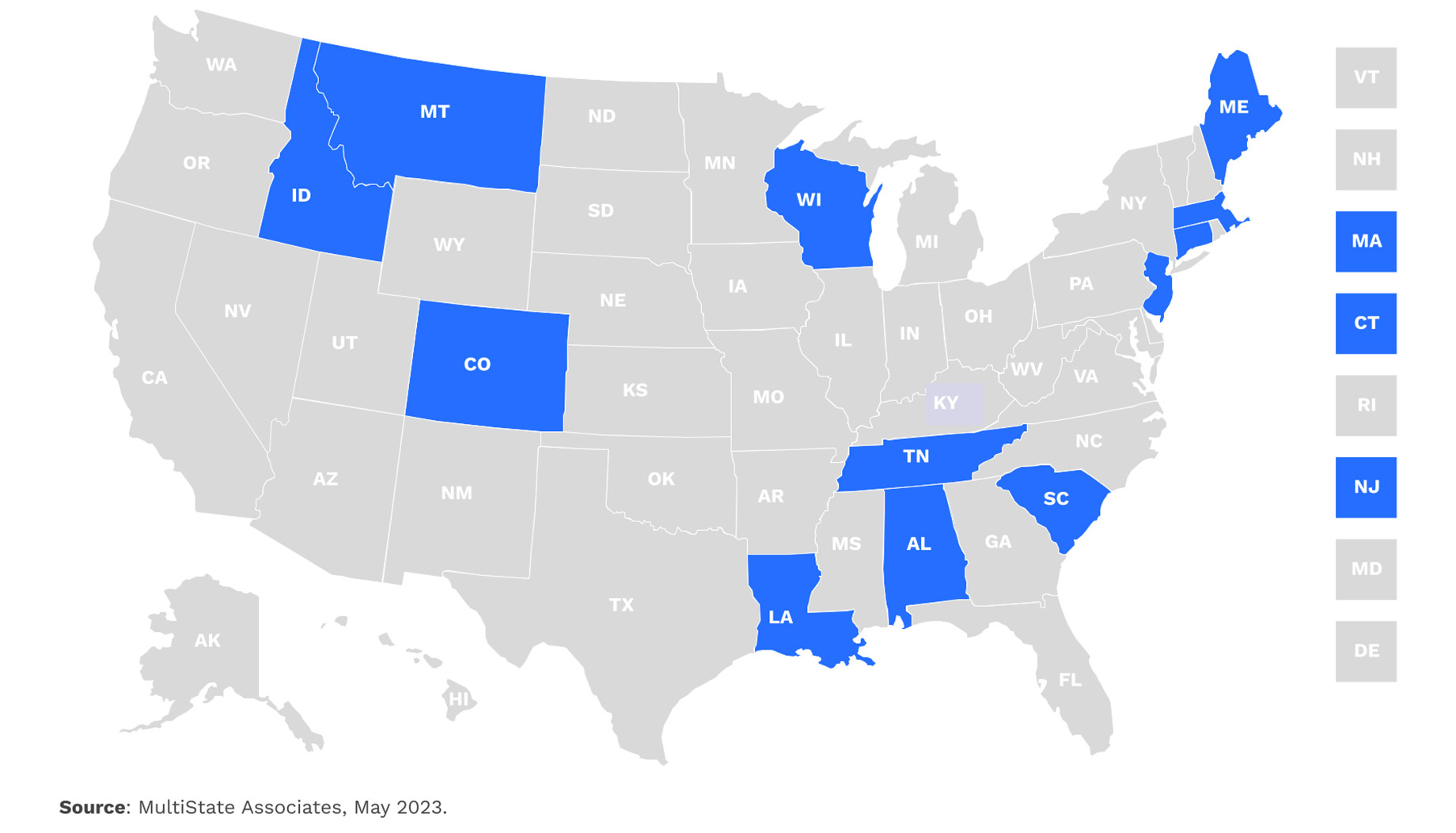Earlier this month Senator Cory Booker (D-NJ) and Representatives Emanuel Cleaver (D-MO-5) and Maria Elvira Salazar (R-FL-27) introduced the Grayfield Redevelopment and Economic Advancement Through Effective Repurposing (GREATER) and Revitalization of Shopping Centers Act of 2023 in the House and Senate.
Key provisions of the ICSC-supported legislation include:
- Authorization of $50 million per year in Fiscal Years 2024 and 2025 for grant subsidies in conjunction with Section 108 loans.
- Prioritization of projects that promote transit-oriented development, the reclamation and reuse of grayfields, the development of affordable housing and the removal of existing grayfield infrastructure.
- Emphasis on grant applications that demonstrate extensive community engagement, benefit underserved communities and include significant local match commitments.
- Assistance for malls that are 30% or less occupied, have two vacant anchor stores, occupy 20 acres or more and have no less than 40 individual storefronts.
- Authorization of funds to obtain technical assistance from local qualified service providers on leveraging Section 108 and grant subsidy funds with other assistance programs and incentives.
At the state level, policymakers continue to take varying approaches toward redeveloping unused or vacant commercial spaces. Several states, for example, have dedicated federal funding made available through the American Rescue Plan Act (ARPA) to put vacant retail and commercial space to use.
Former Maryland Governor Larry Hogan launched a $25 million initiative in 2021, called Project Restore, that offers businesses looking to relocate or open in commercial properties that were previously vacant with financial support in the form of sales tax relief rebates and property payment assistance. Similarly, in Wisconsin, the state’s Main Street Bounceback Grants program offered one-time grant funding through ARPA for businesses and nonprofits planning to move into vacant properties located in downtown and commercial areas.
On the legislative front, lawmakers in at least eleven states — Alabama, Connecticut, Idaho, Louisiana, Maine, Massachusetts, Montana, New Jersey, South Carolina, Tennessee and Wisconsin — have introduced bills this year related to providing economic incentives for redeveloping underutilized or distressed commercial areas. Two bills in New Jersey (NJ SB 2046 & NJ AB 3119) would allow businesses to receive tax credits specifically designed for redeveloping distressed shopping centers.
While the bulk of legislative proposals address existing programs aimed at repurposing “brownfield” or contaminated sites, some state brownfield redevelopment programs extend eligibility for grayfield or vacant commercial sites to qualify for financial incentives as well. Iowa houses its redevelopment tax credit for both brownfield or grayfield sites under one program. And in Minnesota, the state’s Redevelopment Grant Program provides a broad criteria for local governments and economic development authorities to seek assistance in revamping distressed commercial sites.

State Legislation Introduced in 2023 Related to Adaptive Reuse for Commercial Properties